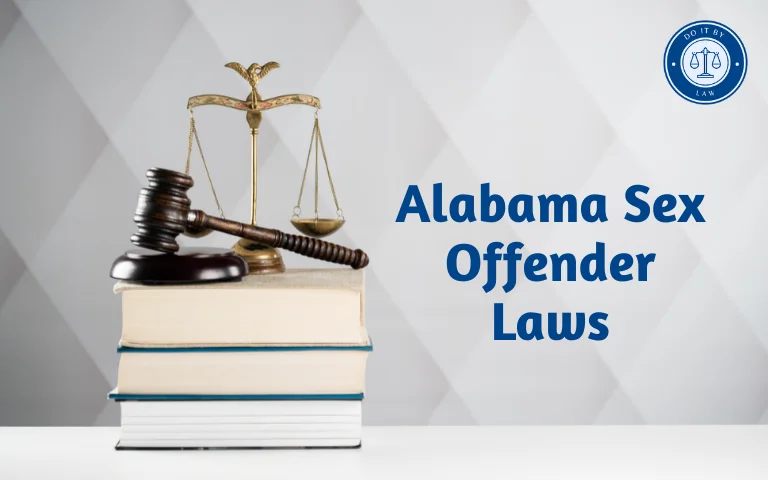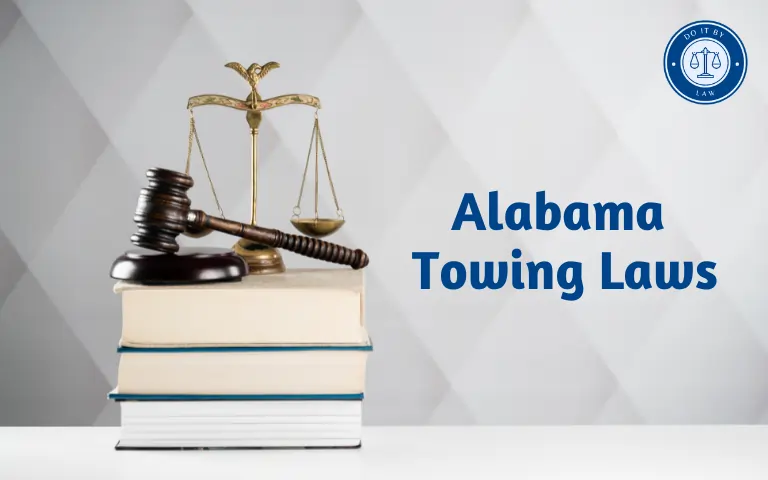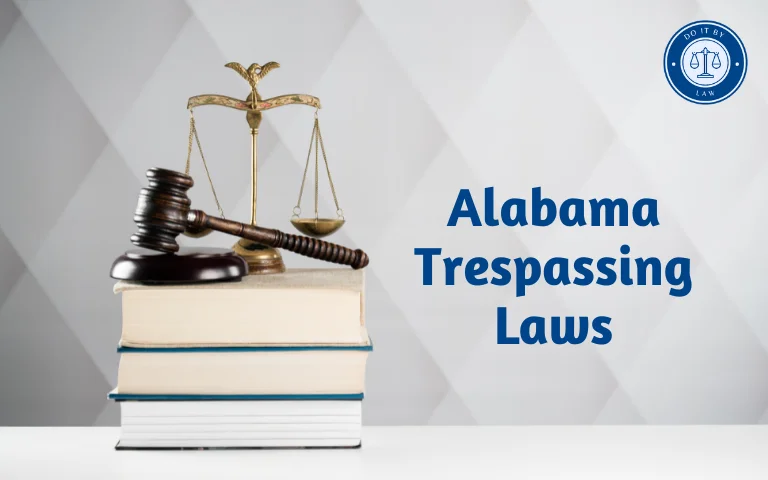Alabama Sex Offender Laws: What You Need to Know
Alabama has strict laws regulating sex offenders residing in the state. These laws outline registration requirements, restrictions, and penalties for violations. The Alabama Sex Offender Registration and Community Notification Act aims to protect public safety by monitoring convicted sex offenders after release. Understanding key provisions helps ensure compliance.
This article provides an overview of Alabama sex offender laws including history, registration rules, residence restrictions, penalties, changes, and controversies. It aims to clarify the state’s extensive regulations applicable to convicted sex offenders.
When Alabama Enacted Sex Offender Laws and Why
Alabama passed its first law establishing a sex offender registry in 1967. This required a list of names to be sent to the FBI.
In 1996, Alabama implemented public sex offender registration modeled on federal laws. Key motivations behind sex offender laws include:
- Prevent repeat offenses through monitoring, treatment, and deterrence
- Allow law enforcement surveillance of likely re-offenders
- Enable public access to sex crime history for safety awareness
- Mandate notifications when high-risk predators change addresses
- Stop convicted offenders from residing near schools and other venues with children
Alabama has strengthened sex offender laws over time in response to public safety concerns and notorious abuse cases. The laws aim to prevent victimization after release.
Who Alabama Sex Offender Laws Apply To
The laws apply to any convicted sex offender living, working, or attending school in Alabama including:
- Alabama residents convicted of sex crimes in-state or elsewhere.
- Out-of-state offenders who move to Alabama.
- Juvenile offenders are tried as adults for sex crimes.
- Sex traffickers and those possessing child pornography.
- Certain out-of-state juvenile offenders.
Registrants must stay current in the system for life or mandated timeframes based on offense severity. Transients must register if visiting Alabama for more than 3 days.
Key Provisions of Alabama Sex Offender Laws
Alabama sex offender statutes contain registration requirements, residence rules, penalties, and other provisions:
- Sex Offender Registry:- Offenders must register within 3 days of release or moving into Alabama. Information like current address, work location, and vehicle details must be updated.
- Community Notification:- The public statewide website shows offender names, photos, addresses, crimes, risk levels, and employer contact. Schools and landlords were also notified.
- Residence Restrictions:- Offenders on probation or parole cannot live or work within 2,000 feet of a school or childcare facility.
- Anti-Clustering Rules:- No more than two registered sex offenders may reside together in one building or manufactured home.
- Mandatory Minimum Sentences:- Alabama imposes enhanced prison terms for certain sex crimes like abuse of a child under 12.
- Civil Commitment:- Sexually violent predators may face involuntary civil commitment to a secure treatment facility after completing criminal sentences.
Penalties for Violating Alabama Sex Offender Laws
Alabama imposes felony charges for registration violations including:
- Failing to register within 3 days of release or moving to the state – up to 10 years imprisonment.
- Not updating registration information like new addresses or vehicles – up to 5 years imprisonment.
- Residing, working, or attending school within exclusion zones – 2 to 10 years imprisonment.
Fines up to $15,000 also apply. Penalties increase for repeat violations. Homeowners who knowingly rent to unregistered offenders also face fines.
Recent Changes to Alabama Sex Offender Laws
Some recent amendments include:
- 2015 – Added mandatory minimums for sex crimes against children under 12.
- 2017 – Imposed fines up to $15,000 for registration violations.
- 2018 – Required more suspects to register before conviction when indicted.
- 2022 – Increased monitoring of online activity and communication with minors.
- 2022 – Expanded registration requirements for out-of-state juvenile offenders.
Alabama continues strengthening oversight and enforcement provisions. The state registry now includes over 15,000 offenders.
Controversies Around Alabama Sex Offender Laws
Alabama laws generate significant controversies similar to other states:
- Do lifetime registration requirements violate individual rights after completing sentences?
- Do expansive restrictions that limit housing and employment options contribute to recidivism?
- Is it just to require juvenile offender registration?
- Are mandatory minimum prison sentences proportional to crimes?
- Do charges for technical registration issues like tardiness punish reintegrating offenders?
- Is community notification a reversible punishment?
Courts have upheld most provisions as constitutional protections of public safety. But critics argue for reforming overly burdensome aspects.
Conclusion and Key Takeaways
In summary, Alabama aggressively protects the public with sex crime registries, community notifications, exclusions, minimum sentences, and penalties for violations. Supporters view strict oversight as warranted, while critics argue for easing certain regulations.
Key takeaways on Alabama sex offender laws:
- Stringent requirements exist for initial registration and keeping information current.
- Residency, work, and loitering restrictions apply near schools and daycares.
- Harsh mandatory minimum prison sentences were enacted for some sex crimes.
- Felony charges are possible for registration violations.
- The ongoing debate continues around aspects viewed as overly punitive by critics.
Knowing the laws helps offenders comply fully while furthering public awareness and safety.







